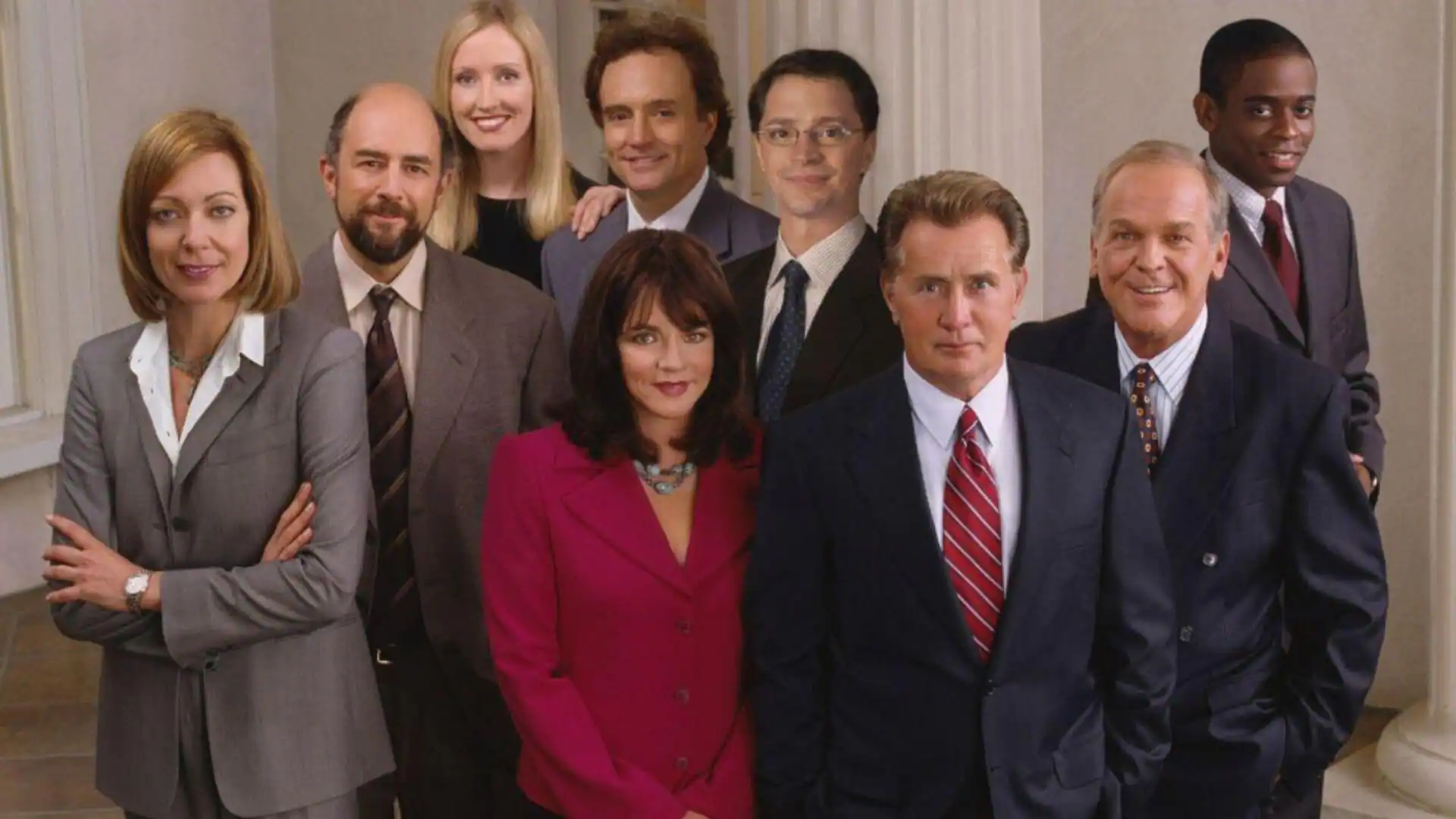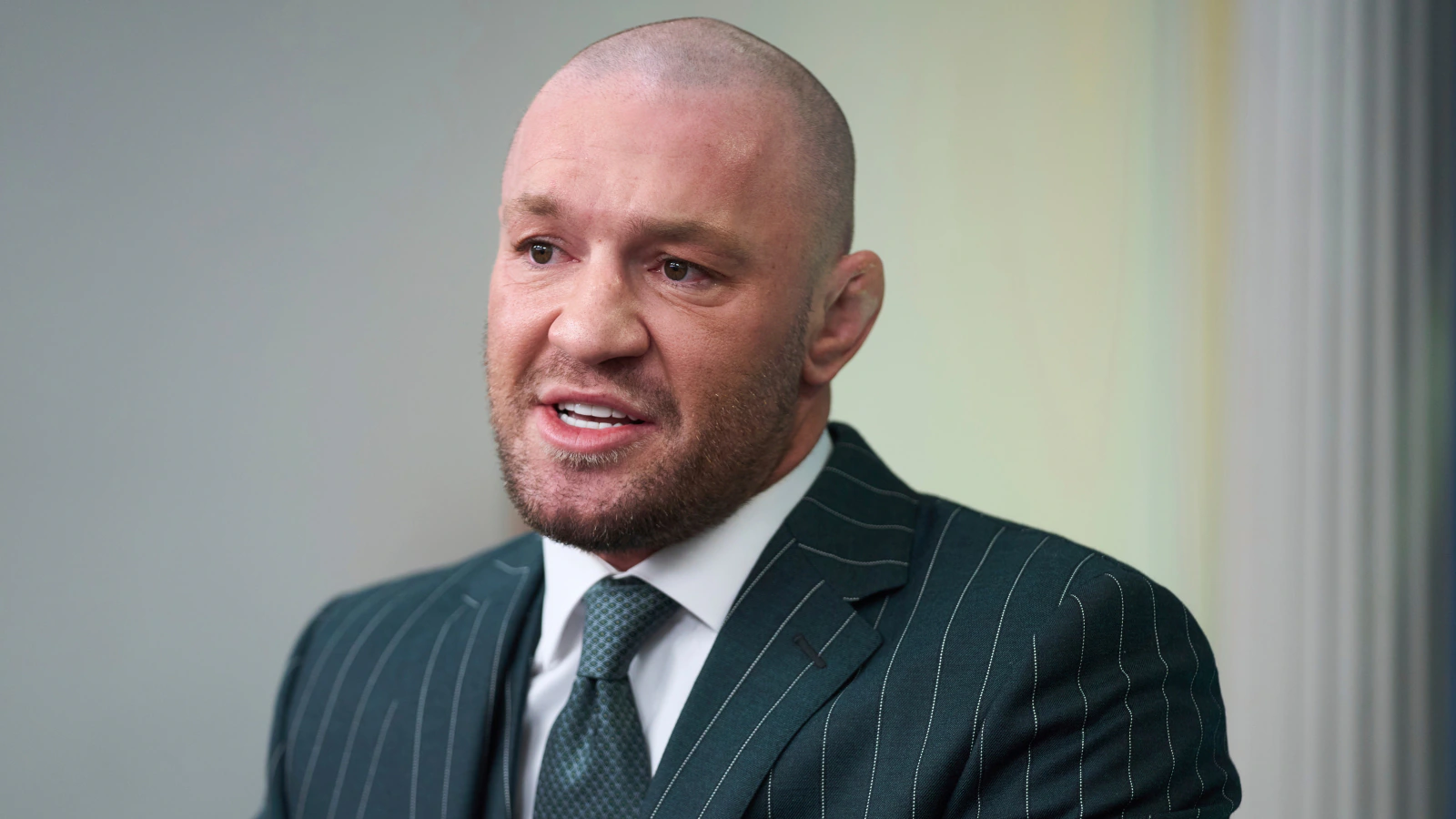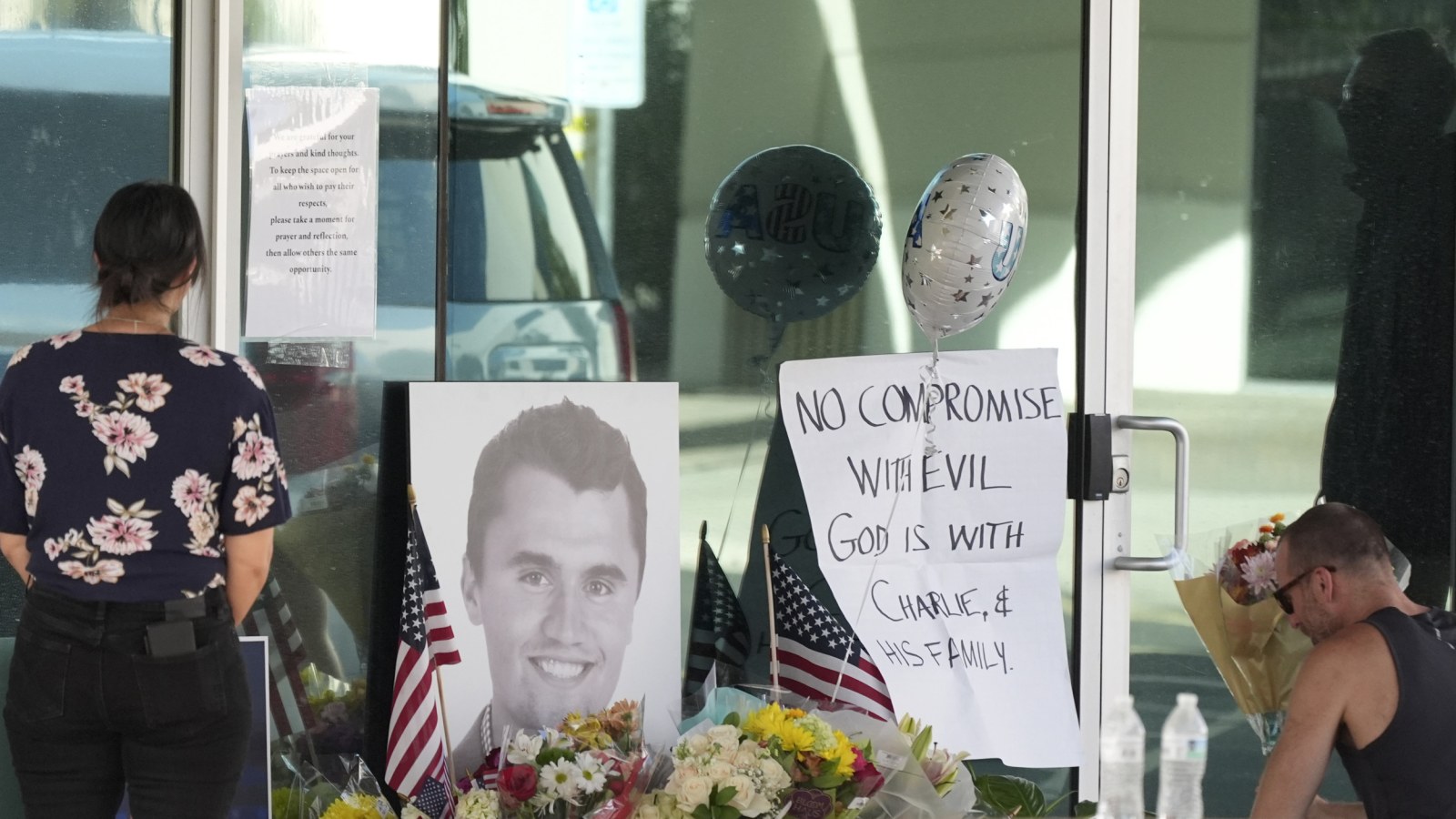By Catherine McGregor
Copyright thespinoff

Gendered attacks and smear campaigns are pushing women out of local politics – and forcing those who remain to protect themselves, writes Catherine McGregor in today’s extract from The Bulletin.
To receive The Bulletin in full each weekday, sign up here.
Abuse against women floods local politics
With less than a month to go before the local elections, the abuse aimed at Wellington City Council’s Rebecca Matthews has acted as a reminder of a grim reality: women councillors are enduring torrents of gendered harassment. In April, TVNZ’s Breakfast collected stories from councillors nationwide, including Palmerston North’s Kaydee Zabelin, who said a man tracked her car and school drop-off route, then posted the details online. Wellington’s Teri O’Neill said she kept a 26-page file of slurs, pornographic photoshops and threats against her, all collected from the comments under routine posts about council business, reported 1News’s Ella Prendergast.
“At its worst, it broke me,” said O’Neill. “I would have panic attacks, go into shock, become numb and catatonic.” It was important to keep every incident on file, she said, “in case things escalate into real-life violence”.
The Better Wellington pile-on
Over the weekend campaign group Better Wellington, which is linked to mayoral candidate Ray Chung’s Independent Together ticket, posted and then deleted a screed branding councillor Rebecca Matthews “one of the mental, extreme communist trans-loving (like the guy who shot Charlie Kirk) Green Party retards” and telling supporters to “throw this grift monkey to the wind and evict her from council”.
Better Wellington’s Glenn Inwood later told the Herald’s Samuel Sherry and Ethan Manera that the post was removed only to avoid upsetting supporters, insisting the group had “no objection” to its content. The post follows a string of gendered attacks on Wellington mayor Tory Whanau, including, in July, Chung’s graphic rumour-mongering email about her alleged “night of debauchery”, which helped trigger defections from his ticket and a public backlash.
‘It chips away at your spirit’
Many women in local politics say the abuse is having a chilling effect on democracy. “The volume of hate really chips away at your spirit, and you start to wonder how much of yourself you have to give away, just to do your job,” said O’Neill. Some are walking away: after 16 years, Auckland councillor Angela Dalton won’t stand again, telling 1News the realisation that “actually I don’t have to put up with this BS anymore” was key to her decision. Others are staying, but with new survival strategies, including joining bipartisan group chats where councillors share screenshots and warnings about persistent abusers.
Formal tools are emerging, too. In May, Local Government New Zealand released a how-to-stay-safe handbook for candidates and elected members covering privacy, public safety and reporting pathways. Around the same time, the Ministry for Women and Netsafe launched Free to Lead, a practical toolkit aimed at women in public life who face online harm.
Upper Hutt’s ugly email
Most abuse stays invisible to all but the target and their whānau. But when the abuser has a public profile of their own, the story is more likely to be picked up by the media. Better Wellington’s salvos at Matthews and Whanau are one example. Another is a bizarre email former Wellington mayoral contender Graham Bloxham sent Upper Hutt candidate Peri Zee, calling her “a shit stirrer” and “a dirty under handed player”. He went on: “Please DO NOT continue to wind me, or people around me up. Failing this or a ramp up of your bullshit will see a wind up at my end too.”
In The Spinoff, Joel MacManus reports on widely held suspicions that Bloxham was informally aiding incumbent mayor Wayne Guppy. Both men deny any coordination, and there’s no proof they acted in concert. Even if Guppy had nothing to do with the email, its tone speaks volumes. “When asked about the allegations of abusive communications towards other local politicians,” MacManus writes, “Bloxham referred to Barry as ‘a cocksucker’ and questioned whether Whanau ‘is, in fact, a woman’.” It rather makes the women candidates’ case for them.



